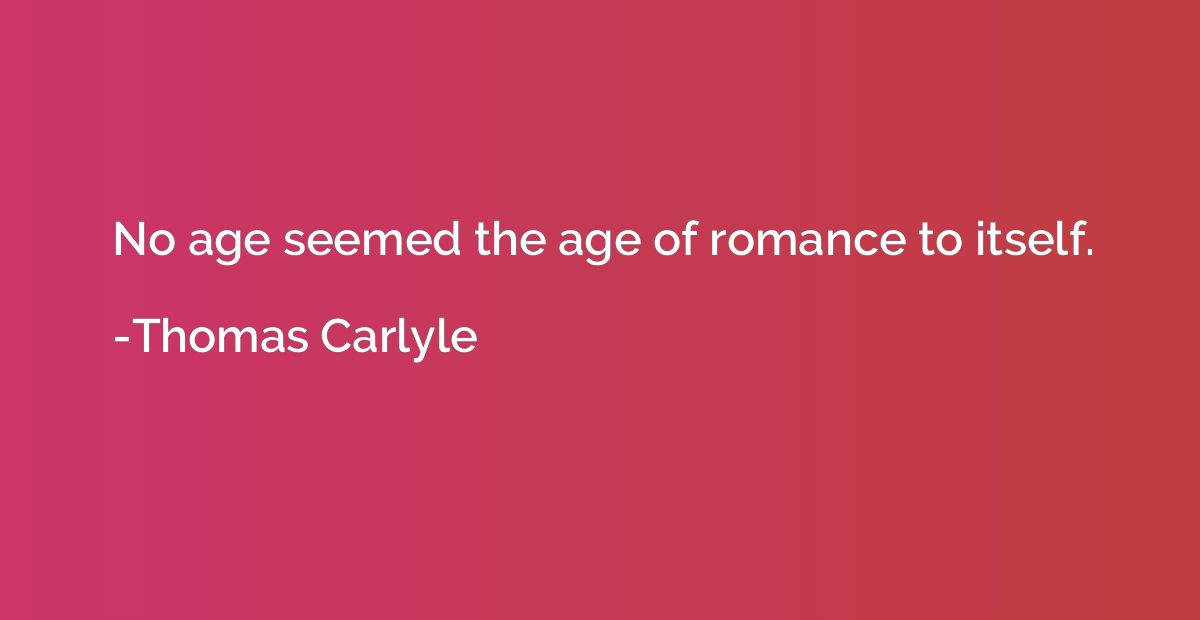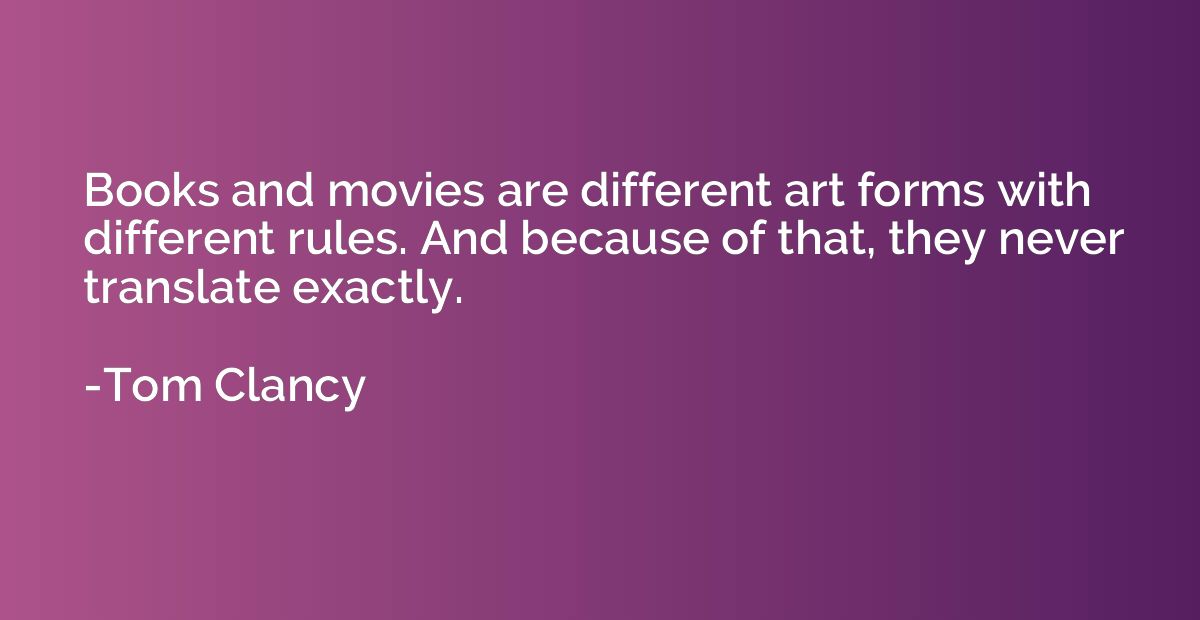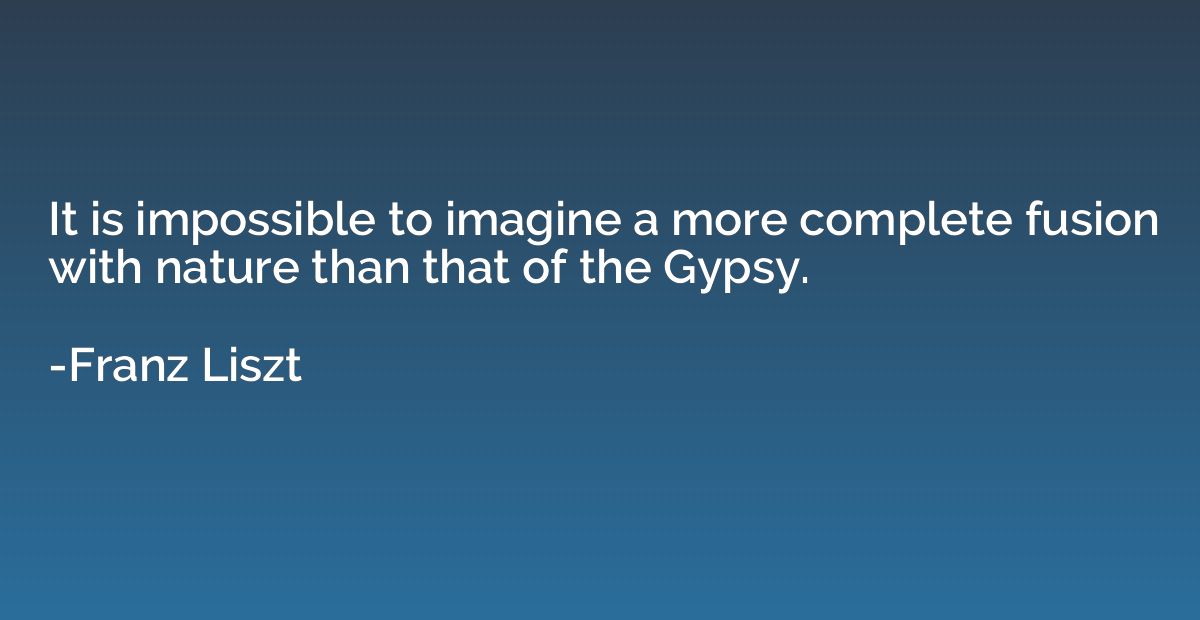Summary
This quote suggests that every period of time believes it is the ideal time for love and romance. It emphasizes the subjective nature of romantic experiences, implying that love feels just as passionate and significant regardless of the era. Each generation may perceive their own time as being filled with romance, regardless of societal changes or advancements. Ultimately, it underlines the timeless and universal nature of love, as it persists and thrives in every age.















